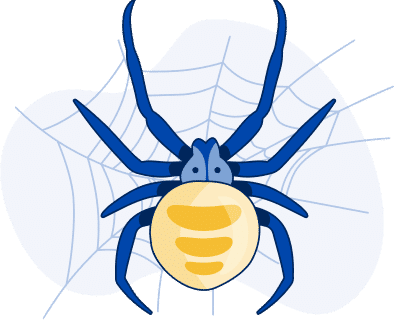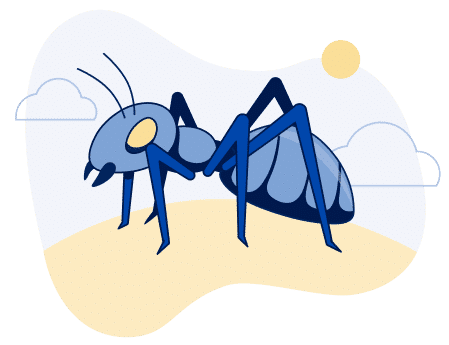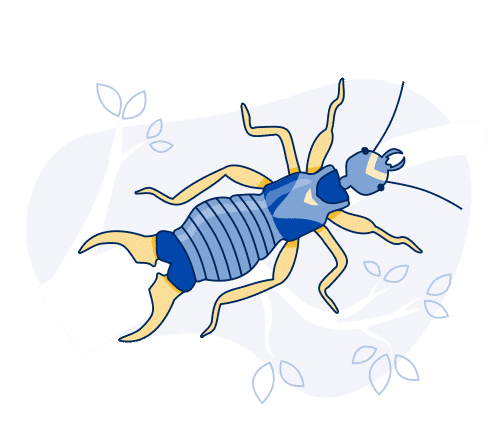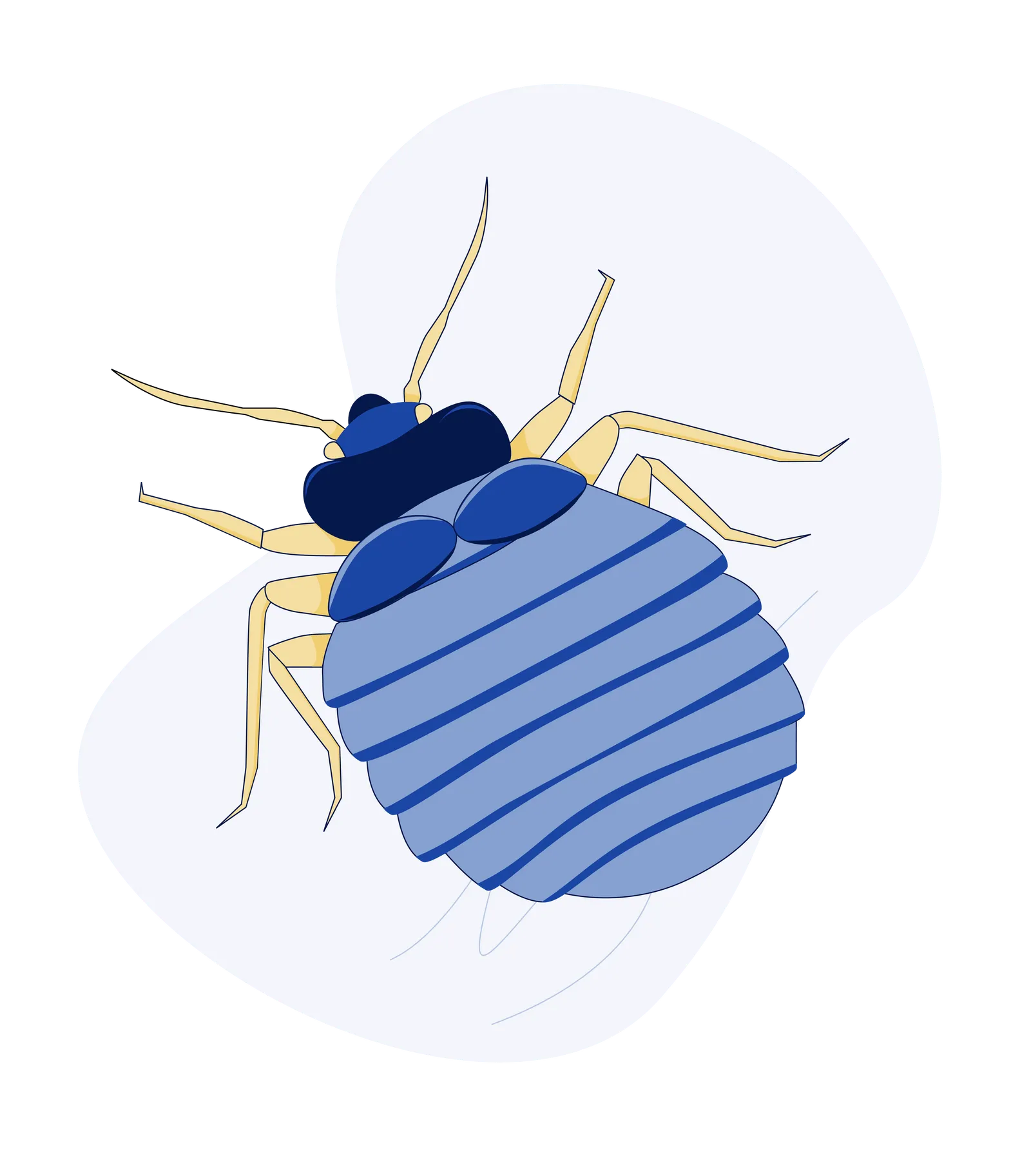What Attracts Bed Bugs to Your Provo Home?

Living in Provo offers the joy of exploring local landmarks and participating in special events. However, you should be mindful of common pests you can encounter, such as bed bugs. These pests can easily hitch a ride from places like hotels or public transport. Whether you’re admiring the beauty of Provo Canyon, attending events at the Provo City Center Temple, or enjoying a family outing at the Provo Recreation Center, always be vigilant and practice effective pest prevention strategies.
Bed bugs are unwelcome guests that can turn your peaceful home into a source of distress. But what exactly attracts bed bugs to your home? Understanding what attracts these persistent pests is crucial in preventing and managing infestations. From the warmth and carbon dioxide emitted by sleeping humans to the scents of dirty laundry and clutter, several factors can draw bed bugs into your living spaces. This guide’ll delve into what attracts bed bugs, where they hide, how they spread, and effective strategies to keep them at bay, ensuring your Provo home remains a haven of comfort and tranquility.
What Attracts Bed Bugs?
Delving into what attracts bed bugs can highlight the everyday conditions that make us vulnerable to these pests.
Warmth and Carbon Dioxide
Bed bugs are primarily attracted to the warmth and carbon dioxide that humans emit. This is why beds, couches, and other furniture where people rest are prime locations for bed bugs to gather. The warmth of a human body provides the perfect environment for bed bugs to thrive. At the same time, the carbon dioxide exhaled during sleep signals the presence of a host.
Dark Bed Sheets
Studies have shown that bed bugs are more attracted to dark-colored sheets, particularly red and black. However, the primary factor that draws bed bugs is the presence of a human host. Bed bugs prefer certain colors, but they are ultimately attracted to the scent and warmth of humans.
Human Scent
Bed bugs are attracted to the human scent found on dirty laundry and cluttered areas. These pests are drawn to the smell of sweat and other human odors, making areas with accumulated dirty clothes and clutter ideal for them to hide and breed.
Bed bugs can turn your peaceful home into a battleground. Although no approved insect repellents are specifically for human skin, several effective natural remedies and preventive strategies can help keep bed bugs at bay. In Provo, Utah, where environmental factors can influence pest activity, implementing these methods can significantly reduce your risk of infestation.
Natural Remedies for Bed Bug Prevention
Essential Oils
Essential oils like lavender, tea tree, and peppermint can effectively deter bed bugs. Lavender repels bed bugs and promotes a calming environment, making it a dual-purpose solution. To use essential oils, mix a few drops with water and spray around potential problem areas, such as your bed and furniture. Regular application ensures continued protection.
Diatomaceous Earth
Diatomaceous earth is a natural substance that can help manage bed bug populations. This powder dehydrates bed bugs and damages their exoskeletons, leading to their elimination. Apply a fine layer of diatomaceous earth around areas where bed bugs might hide, such as bed frames, baseboards, and furniture. Keep the powder dry for optimal effectiveness.
Regular Vacuuming
Frequent vacuuming is crucial for controlling bed bugs. Focus on areas where bed bugs are likely to hide, including mattress seams, bed frames, and carpets. Vacuuming helps remove both bed bugs and their eggs. After vacuuming, dispose of the bag or empty the canister into a sealed bag to prevent pests from escaping.
Decluttering
A clutter-free environment reduces the number of hiding spots available for bed bugs. Keep your home organized, especially in areas like under the bed and in closets. Reducing clutter makes it easier to spot and address potential bed bug issues early.
Vehicle Heat
For infested items that are difficult to treat with heat, place them in a sealed bag and leave them in a hot car for a day. The elevated temperatures inside the vehicle can effectively kill bed bugs and their eggs. Ensure the car is parked in direct sunlight to achieve the necessary heat levels.
When to Seek Professional Pest Control?
While DIY methods can be effective, severe infestations often require professional intervention. Adult bed bugs can survive up to a year without feeding, while nymphs can live for several months without a blood meal. This resilience makes them challenging to eradicate, as they can remain dormant and re-emerge when a host becomes available.
If your efforts do not resolve the problem, contacting a pest control expert is crucial. Professionals use advanced techniques, including specialized heat treatments and chemical solutions, to ensure the comprehensive eradication of bed bugs.
Comprehensive Heat Treatment
Professional heat treatments are designed to target bed bugs and their eggs by maintaining temperatures of at least 118°F. At this temperature, bed bugs perish within 20 minutes, while their eggs require a steady 90-minute exposure to achieve complete elimination. Higher temperatures are even more effective, particularly for the resilient eggs. Pest control experts utilize specialized equipment to ensure the treatment is thorough and effective.
Ongoing Vigilance and Inspection
Regularly inspect your home, especially after traveling or acquiring second-hand items. Check your bedding, mattresses, and furniture for signs of bed bugs. Early detection and prompt action can prevent a small problem from becoming a major infestation.
Conclusion
Keeping bed bugs away requires a combination of natural remedies, preventive measures, and professional assistance when needed. By utilizing essential oils and diatomaceous earth and maintaining cleanliness, you can significantly reduce the risk of bed bug problems. For persistent issues or infestations, consulting with a professional bed bug exterminator in Provo, Utah, is recommended.
For more information on bed bug prevention and treatment options, contact Serve Pest Control, your trusted local pest control expert.







